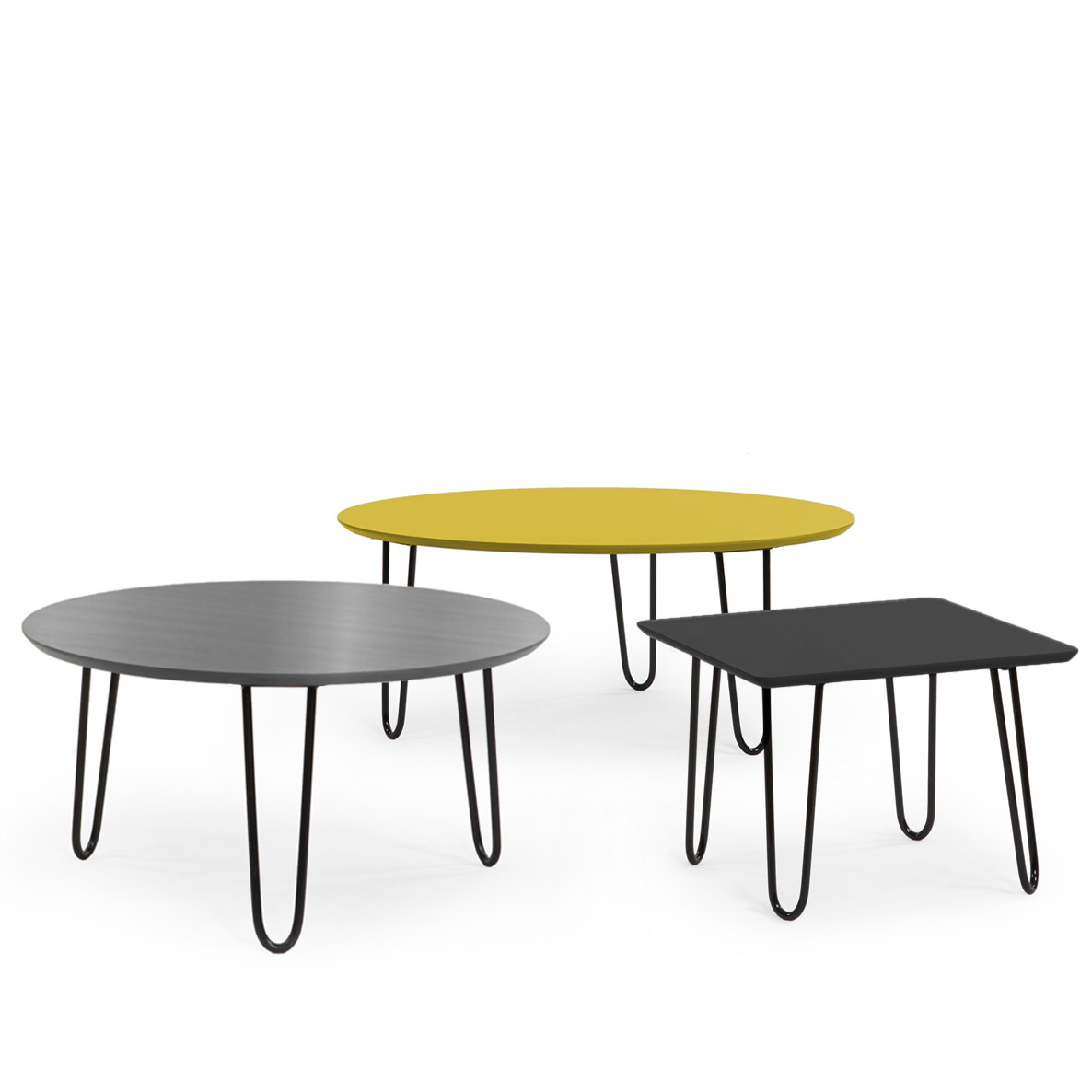When it comes to manufacturing, every second counts. The efficiency of your operations determines not only your output but also the quality of your products and ultimately, your bottom line. This is where Special Purpose Machinery steps in as a game-changer. Whether you are looking to streamline production, increase precision, or minimize downtime, custom machinery designed for your specific needs can make all the difference. Learn more about Special Purpose Machinery and how it can enhance your manufacturing processes.
In this article, we will dive into how special purpose machinery is transforming industries, offering unique solutions tailored to the distinct needs of manufacturers across various sectors. So, let’s get started and explore how it can elevate your business.
What is Special Purpose Machinery?
Special Purpose Machinery (SPM) refers to equipment specifically designed and built for a unique production process. Unlike general-purpose machinery, which can be used across various industries, SPM is custom-made to address particular tasks within a manufacturing line. Whether it’s automating a repetitive task, assembling a product with intricate parts, or testing the quality of an item, SPM is all about optimizing specific functions that traditional machinery might not handle effectively.
The Role of Special Purpose Machinery in Manufacturing
In the world of manufacturing, efficiency is everything. Time is money, and delays in the production line can result in costly setbacks. This is where special-purpose machinery becomes essential. By automating or enhancing specific processes, SPM drastically reduces human error, lowers operational costs, and boosts production speed.
Key roles of SPM include:
-
Improved Automation: Automating repetitive tasks with specialized machinery.
-
Enhanced Precision: Custom machinery designed for highly accurate tasks.
-
Reduced Waste: More efficient processes that minimize material wastage.
Benefits of Special Purpose Machinery
If you’re still wondering whether investing in SPM is worth it, here are the top benefits that many manufacturers are enjoying:
1. Increased Production Speed
SPM is built to perform certain tasks faster and with greater consistency than general-purpose machinery. This translates directly into a more streamlined production process, higher throughput, and reduced lead times.
2. Customization for Specific Needs
One of the biggest advantages of SPM is that it’s tailored to your unique production needs. From designing machines that fit specific product requirements to adapting them to your factory layout, customization ensures that your machinery is perfectly suited for your processes.
3. Enhanced Precision and Quality
Special-purpose machinery often comes equipped with advanced features to ensure that products meet the highest standards. With automated systems that ensure uniformity, businesses can achieve better quality control and reduce defects.
4. Lower Operational Costs
Although the initial cost of acquiring or building special-purpose machinery can be higher, it often results in savings in the long run. With reduced labor costs, fewer errors, and less downtime, your overall operational expenses can significantly decrease.
5. Increased Flexibility
Many special-purpose machines are designed to be flexible enough to handle different tasks or products. This allows manufacturers to adjust to changing demands and production needs without requiring a complete overhaul of their equipment.
Applications of Special Purpose Machinery
Here are some industries where SPM has made a significant impact:
| Industry | Applications |
|---|---|
| Automotive | Assembly lines, part testing, robotic welding |
| Electronics | PCB assembly, component testing, automated soldering |
| Pharmaceuticals | Packaging, labeling, tablet pressing |
| Food & Beverage | Processing, packaging, sorting |
| Textiles | Weaving, dyeing, finishing |
Choosing the Right Special Purpose Machinery
Selecting the right machinery can be overwhelming, but it’s critical to the success of your operations. Here’s how to make the right choice:
1. Assess Your Production Needs
What specific tasks do you need the machinery to perform? Start by analyzing your production line to identify bottlenecks, repetitive tasks, or areas requiring more precision.
2. Consult with Experts
Work with engineers and industry experts who understand your unique needs. They can help design machines that are perfect for your production processes.
3. Consider Maintenance and Support
Investing in custom machinery is not just about installation. Consider after-sales service, maintenance, and any required upgrades as part of the long-term investment.
4. Think About Scalability
Choose machines that not only meet your current requirements but can also scale as your business grows. Flexibility in terms of adaptability and future upgrades can save you from costly equipment replacements.
Common Myths About Special Purpose Machinery
Despite the advantages, some businesses hesitate to adopt SPM due to misunderstandings. Let’s dispel a few myths:
Myth 1: Special Purpose Machinery is Too Expensive
Yes, custom-built machinery can be more expensive upfront, but the cost savings in terms of reduced labor, fewer defects, and faster production can more than make up for it.
Myth 2: It’s Only for Large Manufacturing Plants
Small to medium-sized manufacturers can also benefit from SPM. It can be scaled to fit smaller production lines or specialized applications, making it accessible for businesses of all sizes.
Myth 3: SPM is Difficult to Operate
While specialized machinery may seem complex, it’s designed for specific tasks, which often makes it easier to operate compared to general-purpose machines. Plus, training is provided to ensure smooth integration into your operations.
How Special Purpose Machinery Boosts Efficiency
The impact of SPM on manufacturing efficiency is far-reaching. Here’s how it works its magic:
1. Automating Repetitive Tasks
Automation is at the heart of special-purpose machinery. Whether it’s assembly, testing, or packaging, automating repetitive tasks reduces human labor and the risk of errors, while speeding up production cycles.
2. Optimizing Workflow
With the right machines in place, you can streamline your entire production line. This minimizes downtime, eliminates bottlenecks, and ensures a smooth flow of materials through the manufacturing process.
3. Cutting Down on Waste
By automating processes, SPM can ensure that raw materials are used more efficiently, reducing waste. Precision in every step of production means fewer errors and less material scrap, which directly impacts profitability.
Future Trends in Special Purpose Machinery
The world of manufacturing is ever-evolving, and so is the world of special-purpose machinery. Let’s take a look at some exciting trends:
1. Integration with Industry 4.0
With the rise of smart factories, special-purpose machinery is increasingly being integrated with IoT devices, AI, and machine learning. This creates machines that not only perform tasks but also collect data and adjust their operations based on real-time feedback.
2. Advanced Robotics
Robotic systems are becoming more advanced, with greater flexibility and precision. Expect to see robots performing more complex tasks on the production line, further improving efficiency and reducing costs.
3. Sustainability
As industries move toward more sustainable practices, special-purpose machinery will play a role in reducing energy consumption, minimizing waste, and creating eco-friendly products.
Conclusion: Investing in Special Purpose Machinery for the Future
In the fast-paced world of manufacturing, staying competitive means constantly improving efficiency, precision, and cost-effectiveness. Special purpose machinery offers a significant opportunity for businesses to streamline their production lines, reduce errors, and increase output. By carefully selecting the right machinery and embracing the latest advancements, manufacturers can position themselves for long-term success in a rapidly evolving market.
So, are you ready to take your manufacturing efficiency to the next level? Investing in the right special-purpose machinery might just be the game-changer you need!



